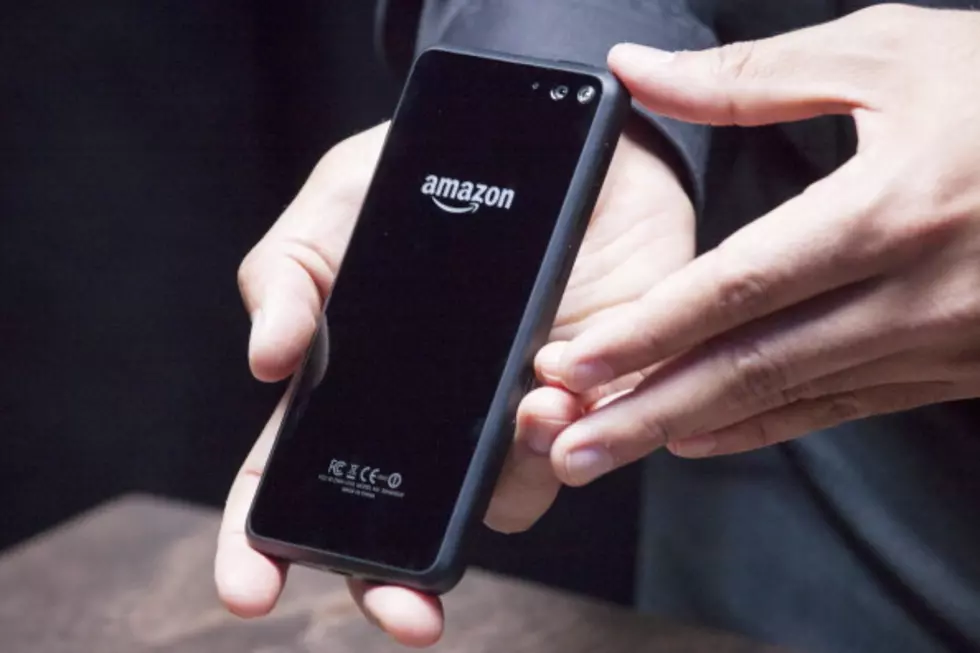
Geek Girl Report: Is Big Brother Watching? Tips On How To Protect Your Privacy Online
Online privacy is a bit of a tricky issue, because in all honesty, it doesn't really exist. No matter where you go online, someone is watching you. Scary thought, isn't it? And that's even scarier given all the attention the NSA has been getting about their PRISM program and all the info they've been collection from folks. Although it's impossible to be completely invisible on the Internet, there are some precautions you can take to make yourself harder to track. Here's a couple of tips to help protect your privacy online:
1.) Clean out your Web caches
Every time you visit a Web page, a copy of that page is saved on the computer's memory. While this can be helpful to access information of certain sites faster, it can also create a privacy risk, as well as clog up your computer and serve as a breeding ground for viruses and other nasty things if left unattended for a while. It is a very good idea to make a habit of cleaning out your Web cache, including your browser history, temporary internet files, and cookies, on a regular basis, like once a month or every other week or so, depending on how often you use the Internet. This will not only help protect your privacy, but will also free up some space on your disk drive and can improve the performance on your machine.
2.) Make sure you only do business on secure sites
I love online shopping, and I do most of my banking online. But those two areas are also some of the most popular targets for hackers and other unsavory types to grab your personal information and wreck havoc with it. When you're dealing with your money online, make sure the site you're dealing with is secure. There are two things that will tell you if the site is secure: the web address should start with "https" instead of "http" and the site should have a little lock icon in the address bar.
However, it should be noted that just because a site has those features doesn't mean it's completely legitimate. It is vital that you do your research and only deal with sites that are legitimate E-commerce or banking sites.
3.) Have multiple E-mail addresses
It's not a great idea to have a one-size-fits-all E-mail address. For one thing, it makes it super easy for people to track you, and also, if something happens to that account, like it gets hacked, you're pretty much SOL. In addition to your primary E-mail, I recommend having several back-up accounts for things like online auction sites, social media sites and E-mails between you and your friends. Also, remember that your boss has the legal right to read your work E-mail correspondence, so if nothing else, keep your work E-mail separate from your personal E-mail.
4.) Keep your private info private
Remember, your information is yours and yours alone. You don't have to share it with anyone you don't feel comfortable sharing it with. If a site asks for something like your mother's maiden name, or the name of your pet, or some other sort of security question like that, you don't have to give an honest answer. You can fudge the facts a bit. If an E-mail or a site asks you to send your contact info in to win some fabulous prize or something like that, you don't have to give out that info. If you have kids who are Internet-savvy, teach them that they don't have to give their personal info to ANYONE. (As a matter of fact, it's actually against the law to collect personal info form kids under 13.)
One more thing: If you feel you need extra privacy, I recommend looking into software as ParentoLogic, Privacy Guardian, and CyberScrub. These will not only help maintain your privacy on the Internet, but will also cloak your IP address and encrypt your connection leaving you virtually invisible, no put intended.
More From News/Talk 95.1 & 790 KFYO





![The Geek Girl Report: Sci-fi, Shooters, Space Adventures And…Squids? A Look Back At E3 2014 [Part 1]](http://townsquare.media/site/192/files/2014/06/450394550.jpg?w=980&q=75)



